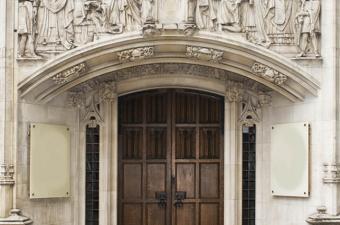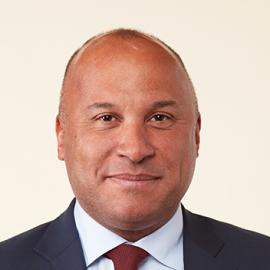
OVERVIEW
Quadrant Chambers is returning to Birmingham for our next evening seminar on 7 November.
Sevilleja v. Marex Financial Ltd
This is one of the most important commercial cases of the past year, in which the Supreme Court’s judgment (following a hearing on 8th May 2019) is keenly anticipated. Its importance is made clear by the fact that the All-Parliamentary Group on Fair Business Banking appeared before the Supreme Court as an intervener. The appeal lies against the decision of the Court of Appeal that a claim by a company’s creditor against an asset-stripping director was precluded by the rule against reflective loss. Ever since the House of Lords re-stated that rule in Johnson v. Gore-Wood [2002] 2 AC 1, its precise scope has been the subject of keenly-fought judicial debate, with a number of cases being decided in an inconsistent manner. This is the first opportunity in many years for the Supreme Court to re-consider the extent and application of the rule.
The case itself concerns allegations by Marex that Mr Sevilleja asset-stripped two companies, by transferring money from their bank accounts in this jurisdiction into accounts in his personal control. The effect of those transfers was that the companies were not able to pay a judgment debt to Marex. Marex says that, by his actions, Mr Sevilleja (who is not resident in this jurisdiction) committed a tort. Mr Sevilleja challenged jurisdiction, on the basis that the rule against reflective loss – which bars a party who has suffered a loss through a reduction in the value of their interest in a company from claiming directly against the person who caused the loss to the company – precluded Marex from showing a completed cause of action in tort. The Court of Appeal held that a claim by creditors was barred by the rule. The question for the Supreme Court – which carries potentially enormous consequences – is whether it was right to do so. This is an area of law which will be of intense practical application for all commercial practitioners advising in the area of majority and minority shareholder disputes, shareholder agreement disputes and more generally in actions for and against companies (including derivative proceedings).
We propose to examine the important issues arising in, and commercial consequences of the judgment which is anticipated by the end of the year. We will also anticipate the fate of the appeal and consider the wider implications of the decisions to date.


